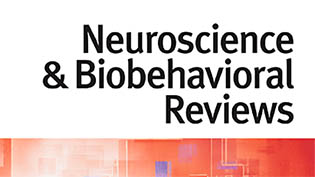Can we predict who will benefit from cognitive-behavioural therapy? A systematic review and meta-analysis of machine learning studies
*Authors: Sandra Vieira, Xinyi Liang, Raquel Guiomar, Andrea Mechelli *
Journal: Clinical Psychology Review
DOI: 10.1016/j.cpr.2022.102193
Abstract:
Cognitive-behavioural therapy (CBT) is the first line of treatment for several mental health disorders. However, not all patients show clinical improvements after receiving CBT. Machine learning allows inferences at the individual level and therefore is a promising approach for predicting who will and will not benefit from CBT. A comprehensive literature search was conducted to identify all studies that used machine learning to predict clinical response to CBT. A random-effects meta-analysis of proportions was used to estimate an overall performance accuracy across all studies. Twenty-four studies (N = 7497) were identified, covering five diagnostic groups: Major Depressive Disorder (k = 4), Obsessive-Compulsive Disorder (OCD, k = 5), Post-Traumatic Stress Disorder (k = 2), Anxiety Disorders (AD, k = 7), Substance Use Disorders (k = 4) and two transdiagnostic models. Studies used clinical, neuroimaging, cognitive and genetic data, or a combination of these, as predictors. The overall performance accuracy across studies was 74.0% [70.0-77.8]. Accuracies differed significantly between diagnostic groups and was highest in PTSD (78.7%, 69.1-87.0), AD (77.6%, 67.5-86.4) and OCD (76.1%, 67.3-84.0). Some studies were at a high risk of bias due to how the outcome was operationalised and/or how the analyses were conducted/reported. There are many challenges to overcome before these promising results can be applied to real-world clinical practice.
